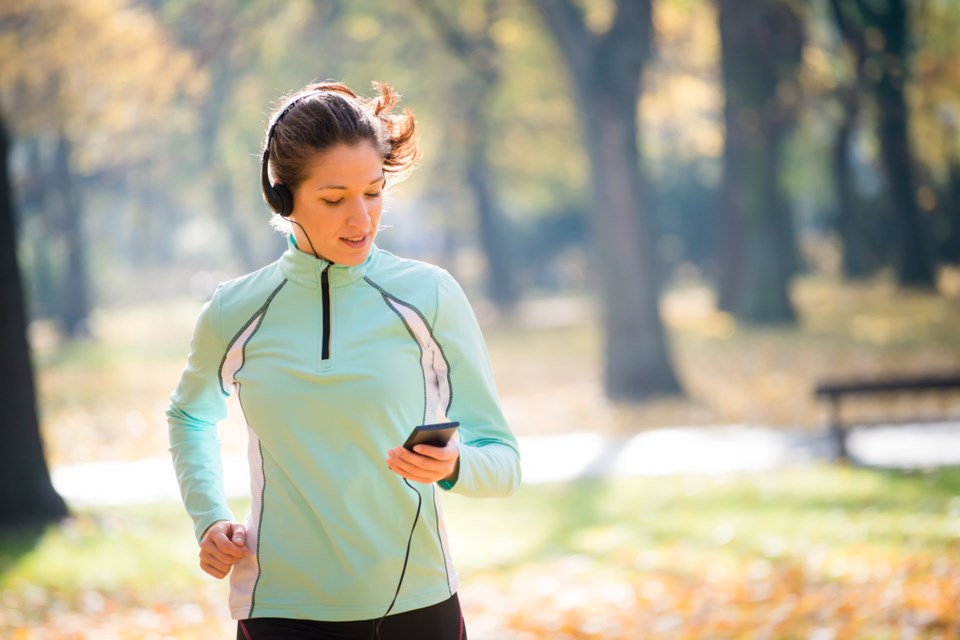If your New Year’s resolution is to exercise more, don’t rely on your iPhone for perfectly accurate physical activity stats.
A new UBC study found that the phone’s built-in pedometer missed 1,340 steps during a user’s average day compared to a traditional step-counter.
While it may under-report your walking stats, coming short of a targeted goal could mean you’ve actually exceeded that goal.
Mark Duncan, the study’s lead author, says the iPhone is still a fairly good tool for the average person looking to get their recommended 10,000 steps a day.
“I’d rather have the device under-report than over-report,” Duncan said. “There’s a good chance you’re hitting those goals. You just have to remember to carry it with you.”
The study used 33 participants in two settings: a laboratory test and a regular living conditions test.
The lab test looked to discover if different phone models would produce different results. Participants were given a lab-provided iPhone, which they carried along with their personal device and walked on a treadmill at various speeds for one minute. Researchers discovered that the personal iPhones misreported the steps by 9.4 per cent at a walking speed of 2.5 km/h. Meanwhile, the lab-provided iPhone was slightly better, misreporting the steps by 7.6 per cent.
In the regular living conditions test, participants wore accelerometers on their waists and recorded the step readings their iPhones. In three days, the iPhone was found to under-report the accelerometer data by 1,340 steps per day, an average of 21.5 per cent.
Smartphones have become increasingly important to medical experts due to their vast potential for gathering health-related data, along with the fact that nearly everyone has one. However, accuracy is crucial for scientific research and the iPhone isn’t quite there yet.
Nonetheless, inaccurate stats shouldn’t discourage the motivation a person can get from using health and fitness applications.
Tiziana Ienna, a Vancouver-based personal trainer, thinks wearable technology is great for those who aren’t active and require motivation.
“People can use them as competition with each other,” Ienna said. “They’re fun tools. It’s encouraging to have something give feedback on your activity.”



